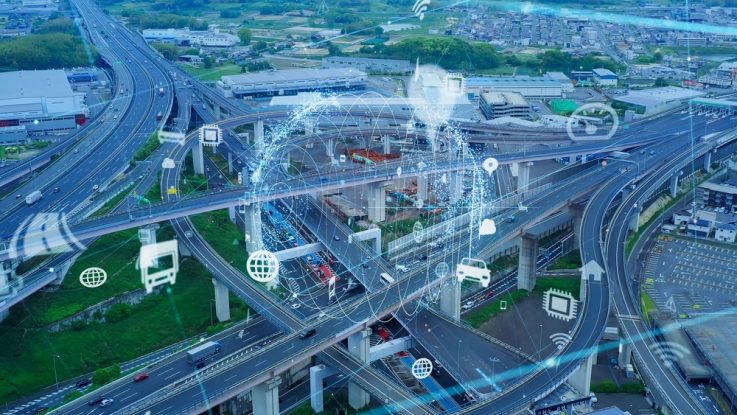
A three-year Sustainable Cities Challenge has been launched by the Toyota Mobility Foundation, Challenge Works, and the World Resources Institute. The challenge will provide USD$9m to help bring cities and technological innovators together to implement mobility solutions, with the overall goal of reducing carbon, improving accessibility, and using data to build resilient transport systems.
“Our experience over the past decade has underscored the importance of the local city’s buy-in and engagement with our activities,” said Ryan Klem, director of programs at the Toyota Mobility Foundation. “Throughout the Sustainable Cities Challenge, we are looking to come alongside cities to find innovative solutions in the areas they identify as critical to develop a scalable model for the cities of tomorrow.”
The first stage of the challenge is open to city leaders and municipal governments, transport departments, and other related local and regional agencies. The three themes for entries include: expanding access to safe, affordable, and inclusive modes of transportation; harnessing the power of data to create connected and resilient mobility ecosystems; and reducing environmental impact through low-carbon and renewable energy solutions. Ten shortlisted cities will then be invited to attend a capacity building academy in the US, along with receiving support in developing their challenge design and having the opportunity to interact with other innovative city teams. The deadline for entries is September 18, 2023.
In February of 2024, three winning cities will be selected from the shortlist to host a City Challenge to seek innovators from around the world with solutions applicable and adapted to the winning cities’ needs. The winning innovators for each city will be announced in late 2024, and the cities and innovators will share the $9m in funding to test and roll out their solutions.
“Brilliant people all over the world are working hard to create innovative solutions to help mobility systems work better, and with a lower carbon footprint,” said Kathy Nothstine, head of future cities at Challenge Works. “The Sustainable Cities Challenge will help those innovators interface with cities to test and adapt solutions according to local needs to improve people’s lives. Challenges like this can act as catalysts for change by accelerating innovation in real world settings.”